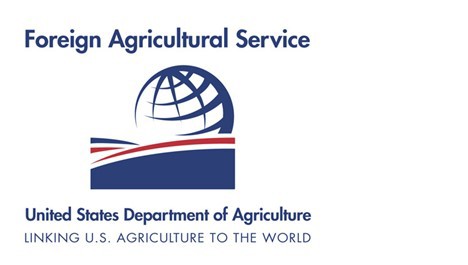The primary objective of the Food for Progress project is to increase cocoa productivity by leveraging climate smart agricultural measures.
By Jeffrey Agbo
The United States Department of Agriculture’s Food for Progress programme has struck a $22 million agreement with Lutheran World Relief to strengthen the cocoa value chain in Nigeria.
The project will be implemented over the next five years.
Lutheran World Relief will carry out project activities in Abia, Cross River, Ekiti, Akwa Ibom, Ondo and Osun states – benefitting approximately 68,000 farmers.
In particular, the project will target farmers in low productivity but high promising areas, as well as farmers in high density, high productivity communities.
The primary objective of the Food for Progress project is to increase cocoa productivity by leveraging climate smart agricultural measures. In addition, the project will support improved access to inputs, technical resources and capacity, post-harvest processing and export markets.
Counselor for Agricultural Affairs, U.S. Mission Nigeria, Gerald Smith, explained that the project will employ an approach that enables farmers to not only produce more cocoa and preserve the land’s fertility and biodiversity, but also realise an important triple bottom line of people, profit, and planet.

READ ALSO:
Cocoa tops agric exports with N63.18b. Cashew nuts rake in N42.94b
“Food for Progress program is the cornerstone of United States Department of Agriculture’s Foreign Agricultural Service international capacity-building efforts with the principal objectives of improving agricultural productivity and expanding trade of agricultural products,” Smith said.
Over the years, Food for Progress projects have trained farmers in animal and plant health, improved farming methods, developed road and utility systems, established producer cooperatives, provided microcredit, and developed agricultural value chains.
The Foreign Agricultural Service is the overseas arm of the United States Department of Agriculture. It offers a variety of services to American and Nigerian agribusiness companies, government and non-government entities involved in agricultural trade and development. Through a variety of programs, the service helps developing countries strengthen sustainable agricultural practices by providing capacity building opportunities.
Staffed with dedicated agri-business specialists, the Foreign Agricultural Service works closely with Nigerian partners to assist Nigeria improve agricultural productivity, food distribution, food security and trade.












